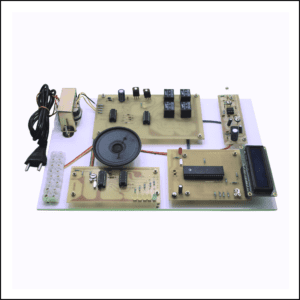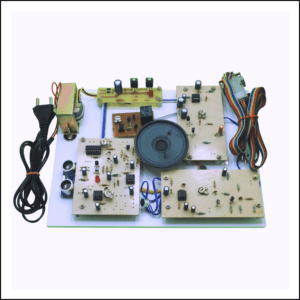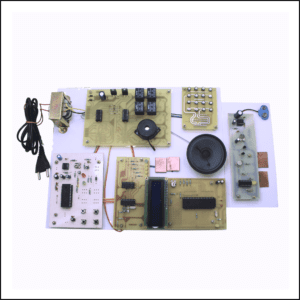Current research in vehicular on-board IT architectures focuses on two trends: unifying network communication and centralizing functionality. Different communication network technologies are being studied, and Internet Protocol (IP) based communication is being explored for future on-board systems. The aim is to reduce complexity and improve maintainability by centralizing functions on multipurpose Electronic Control Units (ECUs). Open standards and interfaces are needed to integrate software from different suppliers.
External communication interfaces, both fixed and wireless, are becoming important in on-board architectures. This is driven by the integration of e-Safety applications and the inclusion of user electronic devices in vehicle infotainment systems. However, adding external interfaces introduces security threats that need to be addressed, especially for safety applications. Virtualization and Trusted Computing technologies are being used to enhance security by separating processes and applications and controlling information flow among application domains.
The EVITA project aims to design a security architecture for vehicular on-board networks, protecting components and sensitive information against tampering and malicious manipulations. This project focuses on providing security for safety applications and other V2X communication applications, such as vehicular comfort and business applications.
To Read More about this project-Click This







Reviews
There are no reviews yet.